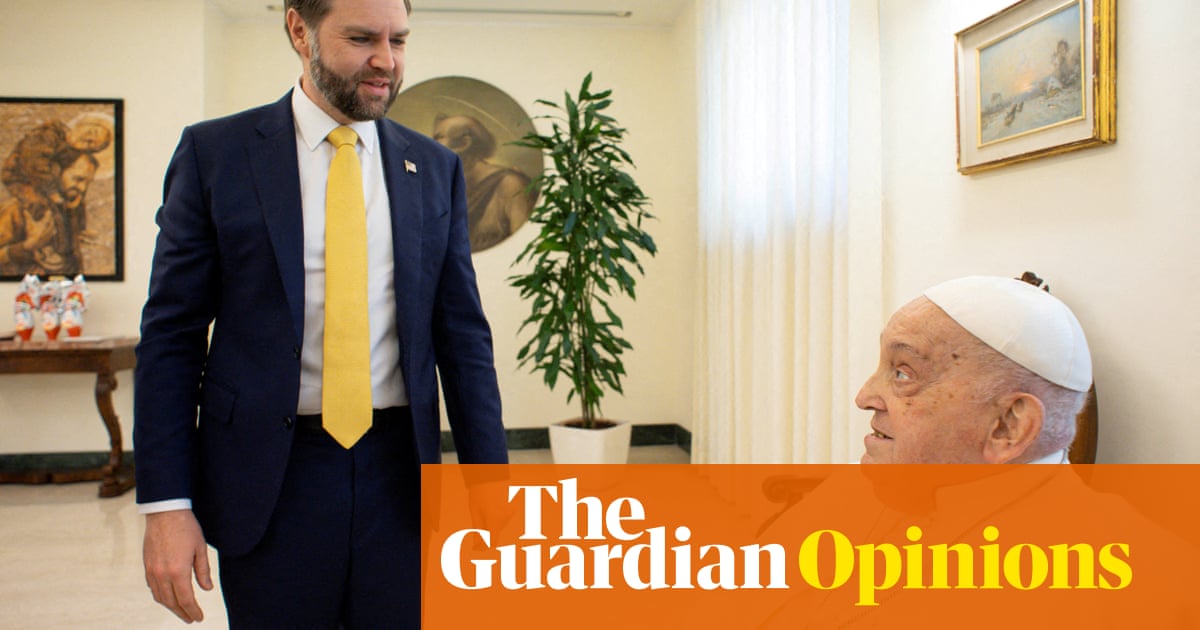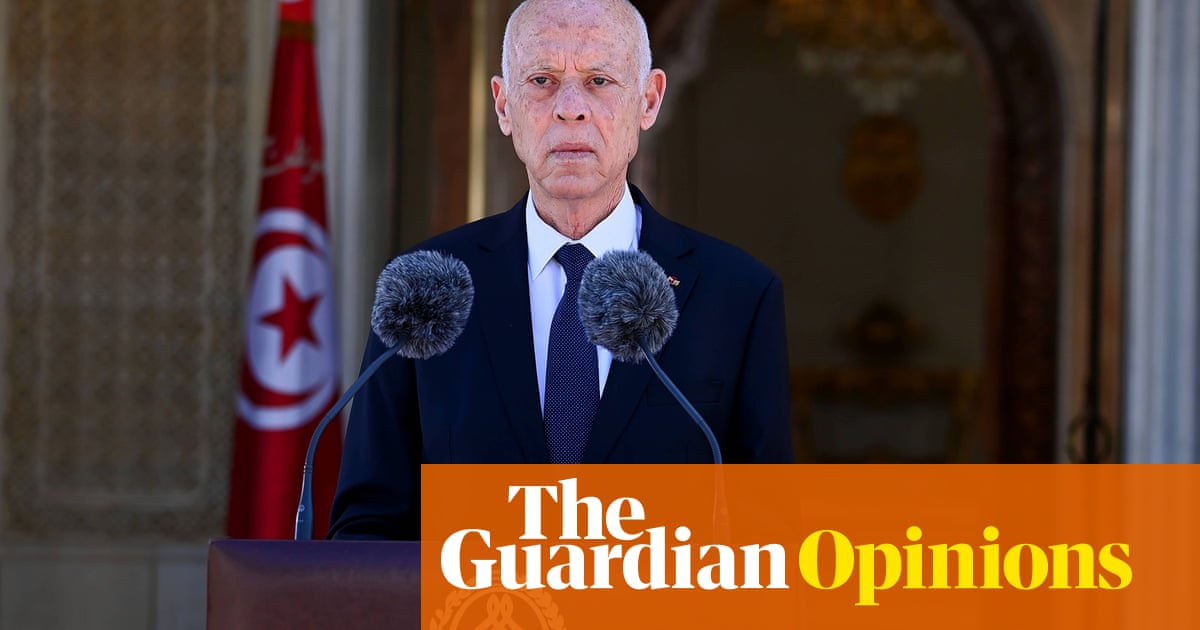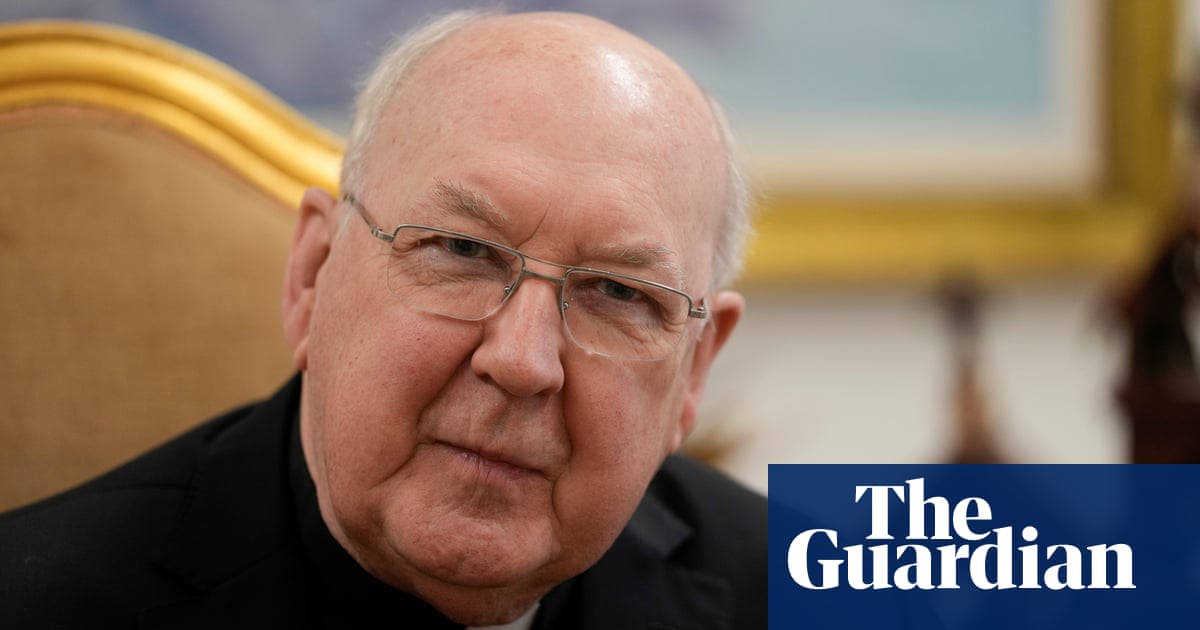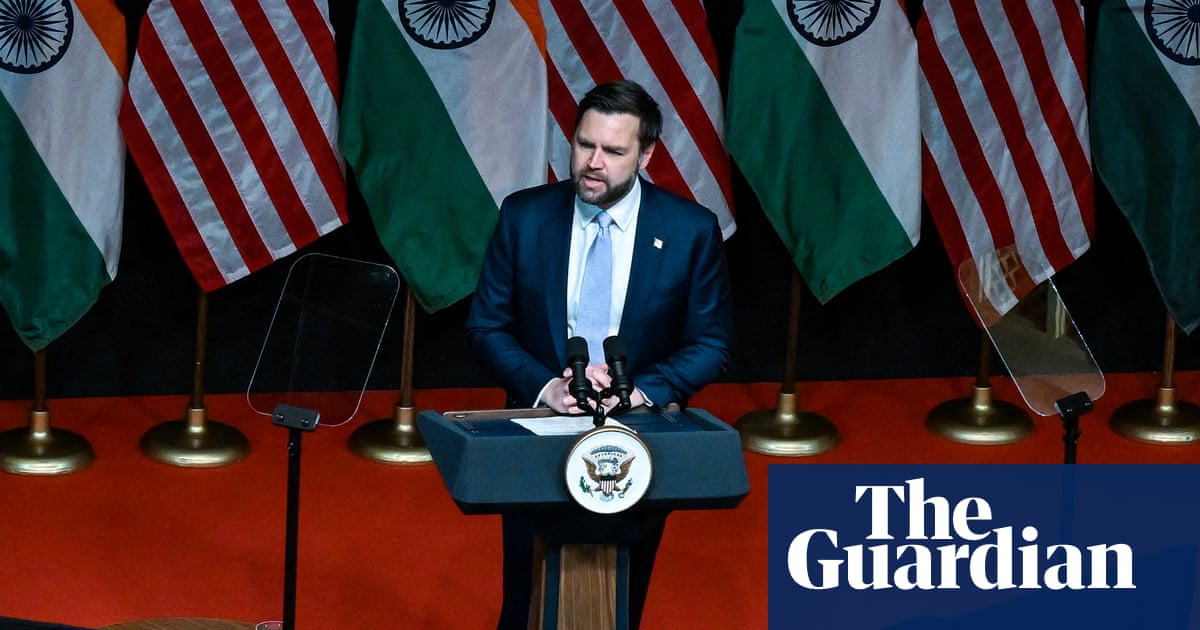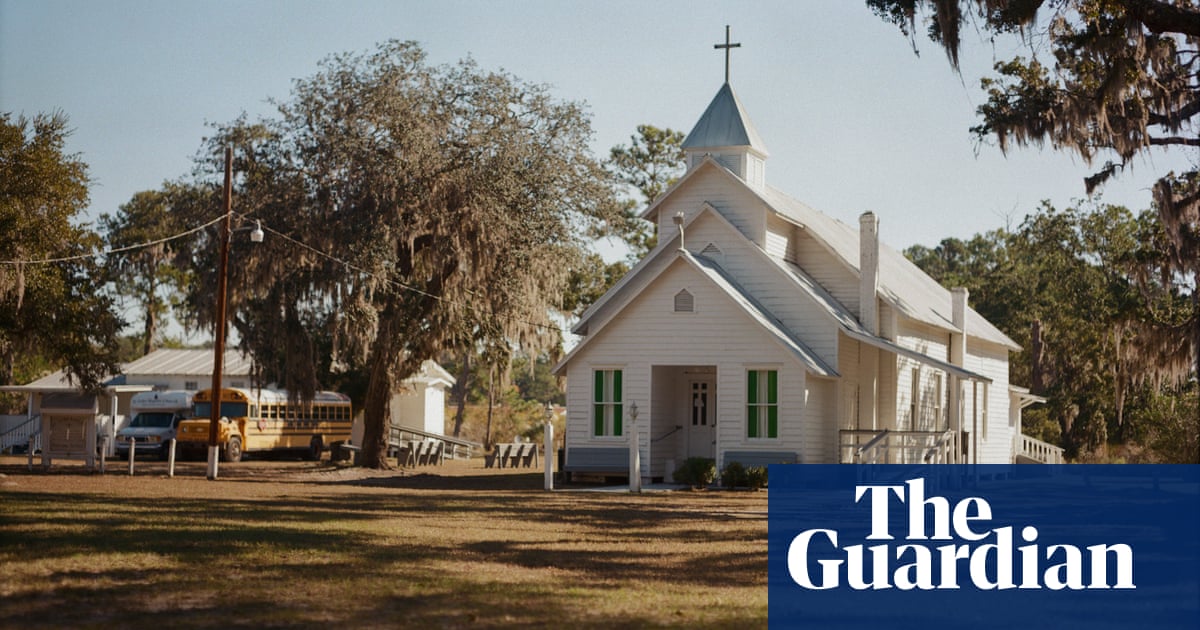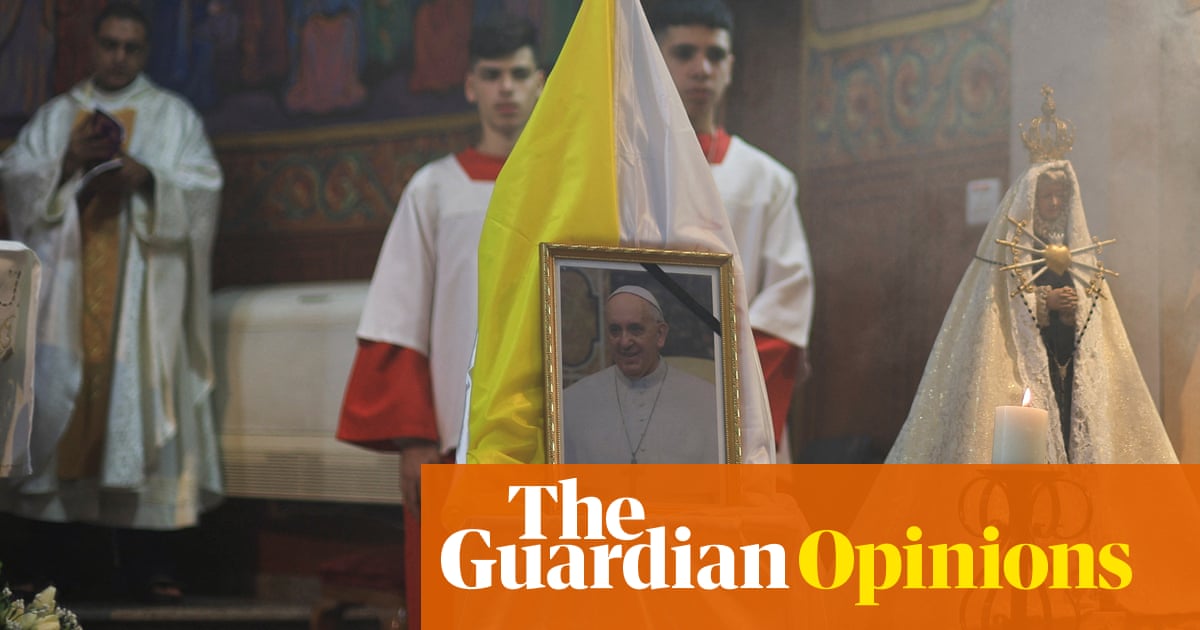The Cambridge academic Don Cupitt, who has died aged 90, was to many one of the most humane and inspirational radical theologians of his generation, but to others, including some at the university and in the Church of England, a clergyman who did not even believe in God. “What,” one bishop was heard to muse, “is to be done about the thoroughgoing atheism of Don Cupitt?”
The dichotomy arose because of Cupitt’s insistence that God had no objective existence beyond the minds, language and faith of believers: the deity was not a stern and patrician figure floating above the clouds nor an ethereal presence, but a precept. “I take the idea of God as something like a guiding spiritual ideal that you use to orientate your life by,” he told the Guardian in 1987. “God is our values, God symbolises the goal of spiritual life.”
In itself this did not place him so very far outside the mainstream of modern theology – few academics beyond the wilder shores of conservative fundamentalism still personify God in idealised human terms – and the seeds of such thinking have been around since at least the enlightenment in the writings of philosophers such as Hume, Kant and Kierkegaard. Later his thinking became influenced by French postmodernism, Buddhism and the writings of the Dutch Jewish Auschwitz victim Etty Hillesum.
Cupitt believed that western culture had moved on: science had undermined religious credibility, 19th-century historical criticism had questioned the literalism of the Bible, democracy had challenged the traditional authority of the church and religious pluralism had replaced Christian supremacy.
In the face of these radical changes, faith was left to uphold human dignity, but churches needed to change or else decline into irrelevance.
What others questioned was his sense that the divine existed only in the language used to express it: “Our thinking, our selfhood, our very humanity are constituted within language in such a way that we have nothing to think ourselves right out of language with.”
God could only exist in the mind: “He is no sort of a being. He is our personal concept in a world of meaning in which nothing is self-same and everything is relative and differential.”
Therefore Christianity had to be updated and faith to be reinvented. This was not a comfortable message for an institutional body such as the Church of England, of which Cupitt was an ordained minister, nor apparently for some of his colleagues at Emmanuel College, Cambridge, originally a Puritan foundation, of which he was a fellow for nearly 60 years (from 1965) and dean for 25 (1966-91).
It perhaps did not help his critics that he was a charismatic lecturer, wrote clear and direct prose and was pastoral and approachable as a college chaplain. This too could be made to fit: “I am a priest in the Church of England,” he wrote, “And I practise in a rather traditional way, but when I say the creed, I regard it not as giving me supernatural information but as showing me a way to walk in.”
He was an engaging speaker and seminar leader, the author of 52 books – one and sometimes two a year from 1971, many of them translated into a variety of languages, including 18 into Chinese. He came to believe that the Chinese treated him more seriously than his western co-religionists because they read him as a philosopher, not a theologian. His books expounded his developing philosophy with provocative titles such as Taking Leave of God (1980) and Rethinking Religion (1992).
He also presented a major television series, The Sea of Faith, in 1984: its title taken from Matthew Arnold’s poem reflecting on the “long, withdrawing roar” of religious belief, Dover Beach. The series proved inspirational to many and Cupitt’s theme became a movement with annual meetings and conferences: its archive now placed at Gladstone’s Library in Cheshire.
Nancy Banks-Smith wrote in the Guardian of the programmes: “He has something interesting to say about religion to people who do not find religion interesting.”
The book of the series cemented his public popularity, but a meeting to discuss the programmes at the next general synod was cancelled, apparently on higher authority.
Cupitt was born in Oldham, Lancashire, the son of Robert, who ran a metalworks factory in London during the second world war, and his wife, Norah. Don, his brother, and his two sisters were educated privately – the boys at Charterhouse school in Godalming, Surrey.
He won a scholarship to study natural sciences at Trinity Hall, Cambridge, but a growing interest in the history of science led him to philosophy and then to religion, which he studied at the college with Owen Chadwick, the church historian and theologian.
Initially drawn to evangelicalism, he soon concluded that was too narrow and limited, and was attracted to more mainstream Anglicanism. Determined on ordination, he studied theology and the philosophy of religion at the Anglican training college Westcott House, in Cambridge.
He was ordained a deacon in 1959 and priested a year later, serving his curacy in Salford for three years before returning as vice-principal at Westcott and then to Emmanuel, where he would remain for the rest of his life.
In 1968 he was appointed a lecturer in the philosophy of religion at Cambridge and there was in 1985 an honorary doctorate from Bristol University, but no higher academic honours came his way.
He retired from his academic post at Cambridge in 1996, becoming a life fellow of Emmanuel. In the early 1990s he stopped officiating at public worship and in 2008 ceased being a communicant member of the Church of England.
Cupitt married Susan Day in 1963. She survives him, along with their son and two daughters.

.png) 2 months ago
29
2 months ago
29

